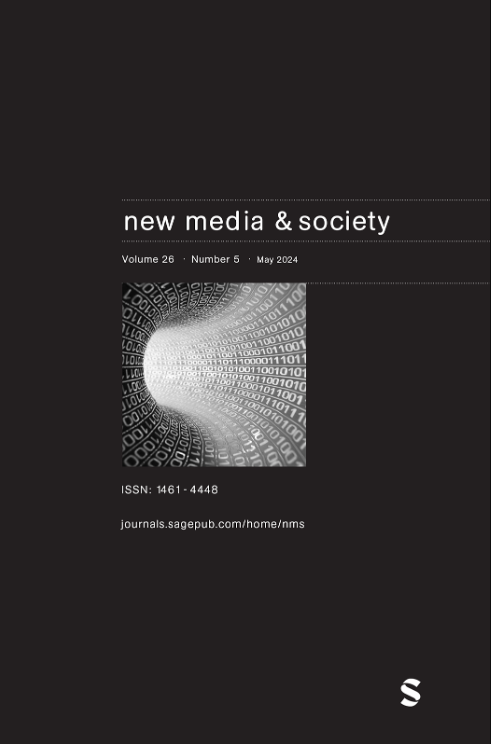‘I’m sorry Dave, I’m afraid I can’t do that’: Moral regulation in refusals by LLM chatbots
IF 4.3
1区 文学
Q1 COMMUNICATION
引用次数: 0
Abstract
This article explores how Large Language Model (LLM) chatbots regulate moral values when they refuse ‘unsafe’ requests from users. It applies corpus-based discourse analysis to examine how the chatbots employ tenor resources of“对不起,戴夫,我恐怕不能这么做”:法学硕士聊天机器人拒绝的道德规范
本文探讨了大型语言模型(LLM)聊天机器人在拒绝用户的“不安全”请求时如何规范道德价值观。它应用基于语料库的话语分析来研究聊天机器人如何在拒绝的修辞中使用定位、调整和定向的音调资源。这种方法受到了系统功能语言学的影响,特别是评价的话语语义系统,它对评价意义进行了建模。尽管聊天机器人的开口令人后悔,但拒绝它们往往会在语气上增加赌注。他们使用得体的韵律针对道德和禁忌的立场和行为。当聊天机器人告诉用户什么是“重要的”、什么是“不合适的”时,这种对立的修辞包括将关键价值观封装成标志性的态度。
本文章由计算机程序翻译,如有差异,请以英文原文为准。
求助全文
约1分钟内获得全文
求助全文
来源期刊

New Media & Society
COMMUNICATION-
CiteScore
12.70
自引率
8.00%
发文量
274
期刊介绍:
New Media & Society engages in critical discussions of the key issues arising from the scale and speed of new media development, drawing on a wide range of disciplinary perspectives and on both theoretical and empirical research. The journal includes contributions on: -the individual and the social, the cultural and the political dimensions of new media -the global and local dimensions of the relationship between media and social change -contemporary as well as historical developments -the implications and impacts of, as well as the determinants and obstacles to, media change the relationship between theory, policy and practice.
 求助内容:
求助内容: 应助结果提醒方式:
应助结果提醒方式:


